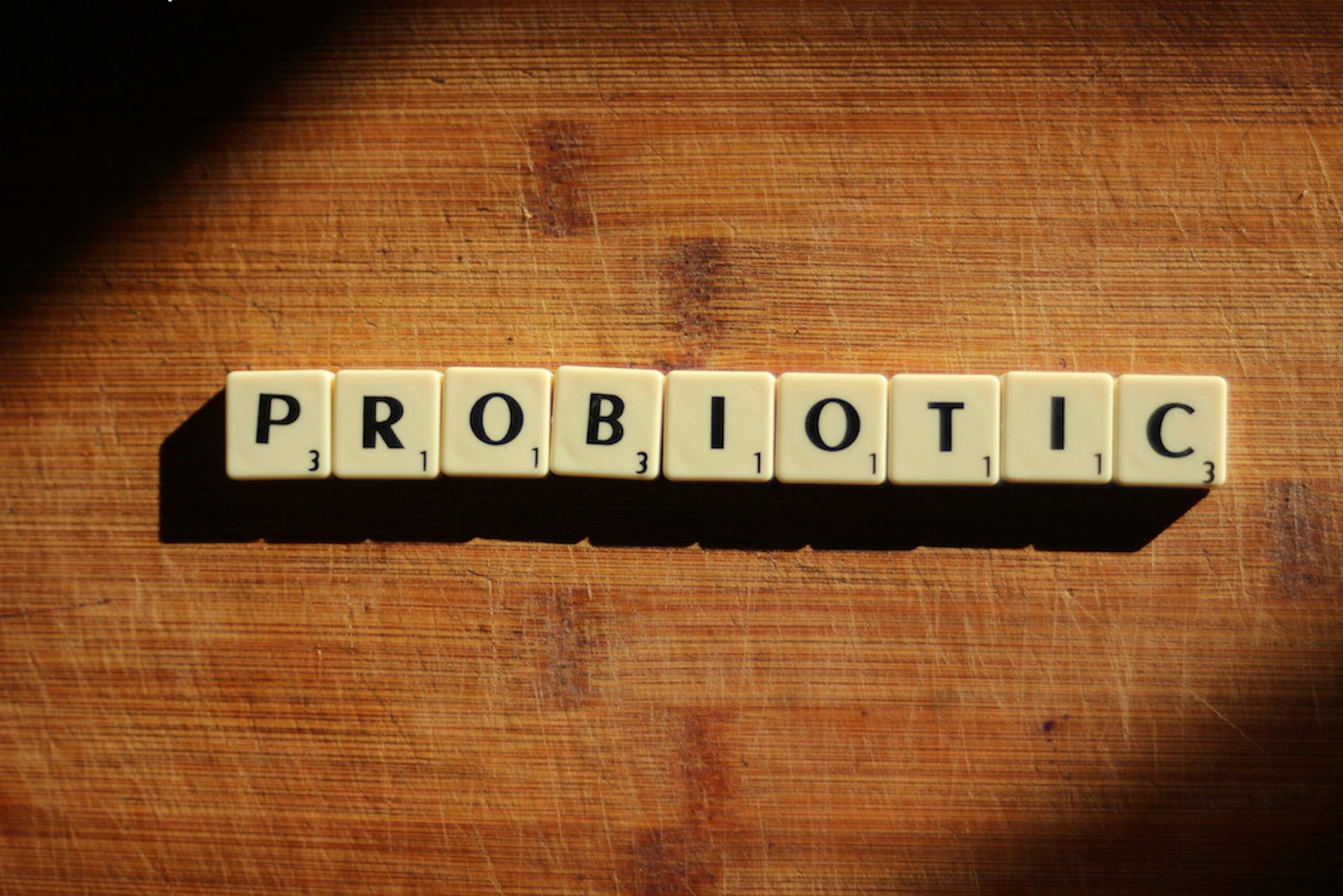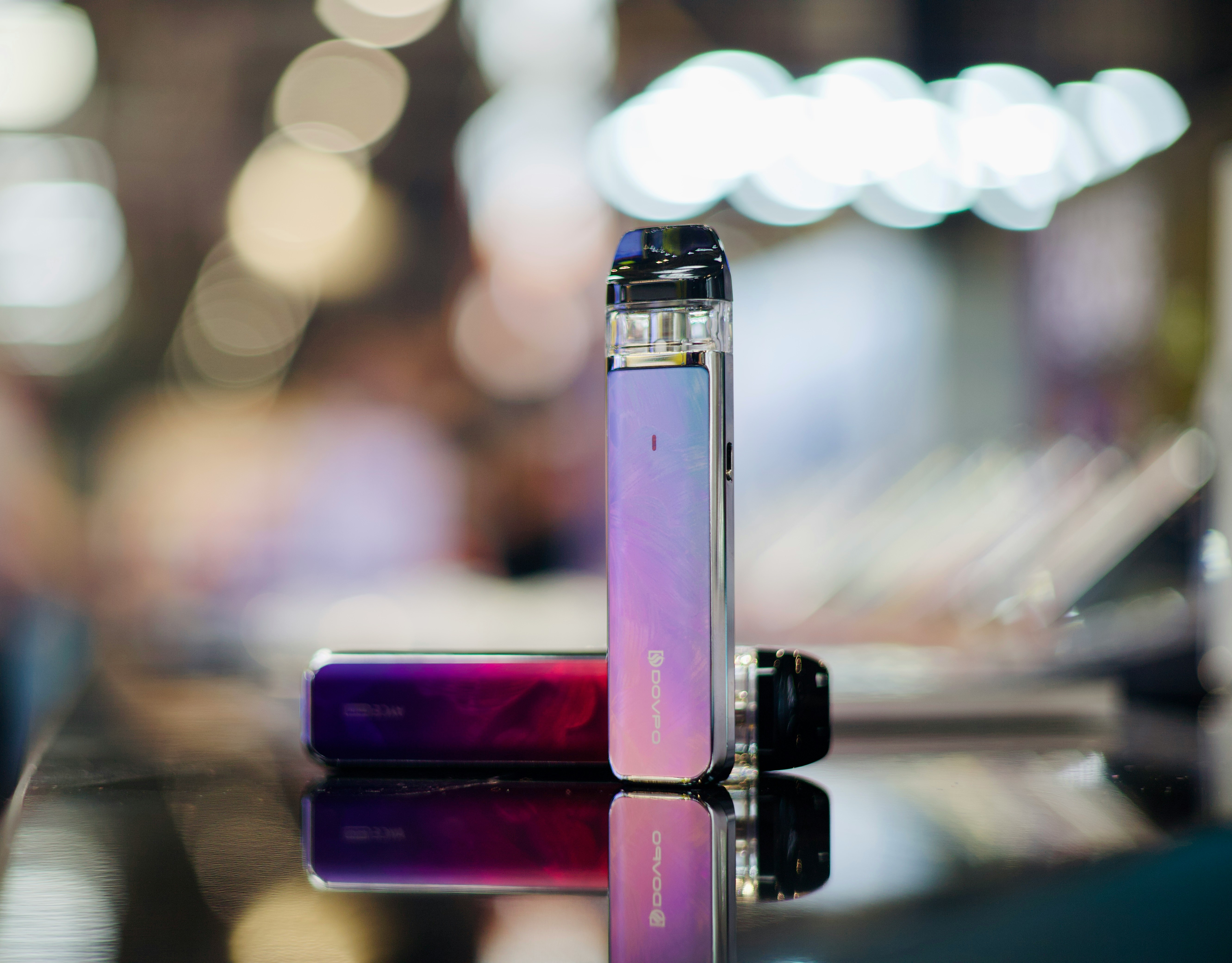10 Signs You’re Addicted to Your Phone (And How to Break Free)

Let’s be real: our phones are like extra limbs. We use them for everything—texting, working, ordering food, finding directions, doom-scrolling on TikTok, and yes, even to dodge awkward small talk. But when helpful habits turn into obsession, it might be time to face the truth. If you’re wondering whether your phone habits are a little too intense, here are 10 signs you’re addicted to your phone—and how to finally break free.
1. You Check Your Phone First Thing in the Morning (and Last Thing at Night)
If your phone is the first thing you touch in the morning and the last thing you see before bed… it’s giving addicted vibes.
Why it’s a problem:
This habit messes with your sleep, spikes your stress levels, and can even fuel anxiety the minute you wake up.
Break free tip:
Get an actual alarm clock (yes, they still exist). Keep your phone outside the bedroom or across the room at night. Need a good alarm clock? Check out this one on Amazon with thousands of reviews.
2. You Get Anxious Without Your Phone (a.k.a. Nomophobia)
Ever left your phone at home and felt like you were missing a part of your body? That intense FOMO and panic has a name: nomophobia (no-mobile-phone-phobia).
Why it’s a problem:
You shouldn’t feel legit panic without your device. This can signal dependency and even affect your mental health.
Break free tip:
Practice short “no phone” breaks. Try leaving your phone behind when you take a walk or go to the store. Gradually increase your time away. Start small—5 minutes, then 15, then maybe an hour. You’ll be surprised how freeing it feels.
3. You Scroll Aimlessly for Hours
You picked up your phone to check one thing, and suddenly it’s three hours later and you’re deep into “clean girl” YouTube vlogs and conspiracy TikToks.
Why it’s a problem:
Doomscrolling eats up your time and energy—and doesn’t really do anything for you.
Break free tip:
Set screen time limits on your phone. Both iPhones and Androids have built-in tools to track usage. Apps like Forest and Freedom help you stay focused and stop the scroll.
4. You Can’t Sit Through a Meal Without Checking Your Phone
Whether you’re dining solo or out with friends, do you constantly check your phone? Maybe to snap a pic of the food, reply to a message, or just… scroll.
Why it’s a problem:
You’re missing out on actual connection and mindfulness. Constant phone-checking during meals can also increase anxiety and reduce satisfaction (from both food and company!).
Break free tip:
Try the “phone stack” challenge with friends—everyone puts their phones in a pile, and the first one to check theirs pays the bill. Dining solo? Leave your phone in your bag or pocket and focus on tasting your food and being present.
5. You Feel “Phantom Vibrations” or “Phantom Rings”
Ever thought your phone vibrated in your pocket—but it didn’t? That’s a real thing called phantom vibration syndrome.
Why it’s a problem:
It’s a sign your brain is hyper-alert for notifications. You’re literally imagining your phone ringing or buzzing.
Break free tip:
Turn off vibration and non-essential notifications. Go into your settings and deactivate all the pings that aren’t life-or-death important. Check out this guide to notification detoxing from the New York Times.
6. You Use Your Phone to Avoid People or Situations
Using your phone to avoid eye contact with a stranger in an elevator? Guilty. But if you’re constantly escaping the real world for the digital one, that’s a red flag.
Why it’s a problem:
This can lower your social skills, make you more anxious, and isolate you from real-life moments.
Break free tip:
Next time you’re in a waiting room or standing in line, resist the urge to pull out your phone. Look around, smile at someone, or just be. Awkward silence isn’t as scary as you think—and you might even have a spontaneous conversation.
7. You Feel a Dopamine Hit Every Time You Get a Notification
That little red dot or ping gives you a rush, right? That’s dopamine, the “feel good” chemical, and your brain is addicted to it.
Why it’s a problem:
It trains you to crave validation from notifications—likes, comments, texts—which can mess with your self-esteem and productivity.
Break free tip:
Turn off badge notifications and go grayscale. Making your screen less visually appealing can reduce the dopamine rush. Here’s how to turn on grayscale on iOS and Android.
8. You Check Your Phone While Watching TV (or During Literally Anything Else)
Multitasking? More like multi-distracting. If you’re watching Netflix while texting and scrolling Twitter, you’re probably not really enjoying any of it.
Why it’s a problem:
You’re overstimulating your brain and undercutting your ability to focus or feel engaged.
Break free tip:
Try “single-tasking.” That means one screen, one focus. Put your phone in another room while you watch your favorite show or movie. Or try journaling, doodling, or knitting while watching instead.
9. Your Screen Time Is Out of Control
If your weekly screen time report makes you go, “Wait… WHAT?!” you might need a reset.
Why it’s a problem:
More screen time = more mental clutter, worse sleep, and less time for hobbies or IRL joy.
Break free tip:
Use Digital Wellbeing tools (Android) or Screen Time (iPhone) to track your usage. Set app limits. Or go hardcore and delete social media for a while. (Scary, but worth it.)
10. You Feel Bored Without Your Phone
Waiting at the DMV? Sitting in the passenger seat on a road trip? If you instantly pull out your phone the second boredom hits, you might be too reliant on digital stimulation.
Why it’s a problem:
Boredom isn’t bad! It sparks creativity and gives your brain a break. Constantly avoiding it can leave you overstimulated and burnt out.
Break free tip:
Embrace boredom. Let your mind wander. Carry a book or a notebook instead of defaulting to your phone. Some great boredom-busting alternatives: crossword puzzles, journaling, or listening to an offline podcast you downloaded earlier.
Read More:
- 10 Warning Signs Your Liver Is Overworked and What to Do About It
- How Magnesium Supports Your Health: Key Uses, Benefits, Side Effects, and More
- Creatine: What It Does, Benefits, Supplements & Safety
Okay, So You’re Addicted. Now What?
Don’t panic. We all have a bit of phone addiction—tech companies designed these things to be irresistible. But it’s totally possible to take back control without going full caveperson.
Here’s your phone freedom starter pack:
Do a Digital Detox Weekend
Go off the grid for a weekend—or even just a day. Let your friends know you’re offline, turn on Do Not Disturb, and spend the day doing things that fill your cup: hiking, reading, cooking, or hanging with loved ones.
Create “No Phone Zones”
Set boundaries. The dinner table, the bedroom, and the bathroom (yes, the bathroom) are all great places to ban phones. It feels weird at first… and then kind of amazing.
Use Apps to Help You Stop Using Apps
Sounds ironic, but hear us out. Tools like Moment, SPACE, and OffScreen help you reduce screen time and track your progress.
Reconnect with Offline Joy
Take a walk. Call a friend. Write a letter. Try something analog. Bake bread, paint something ugly, or play a board game. The more joy you find offline, the less you’ll crave your screen.
Get Comfortable Doing Nothing
Sometimes, the best thing you can do is absolutely nothing. Stare at the ceiling. Listen to the wind. Daydream. Let your brain reset.
Final Thoughts
If you read this whole article without checking your phone, props to you. If you paused halfway to check your texts, that’s okay too—awareness is the first step to change.
Phone addiction is real, but it doesn’t mean you’re doomed. You can take back your time, your focus, and your peace of mind. It just takes a few small tweaks, a little intention, and maybe a good old-fashioned alarm clock.
Now go live your life. The internet will still be here when you get back















